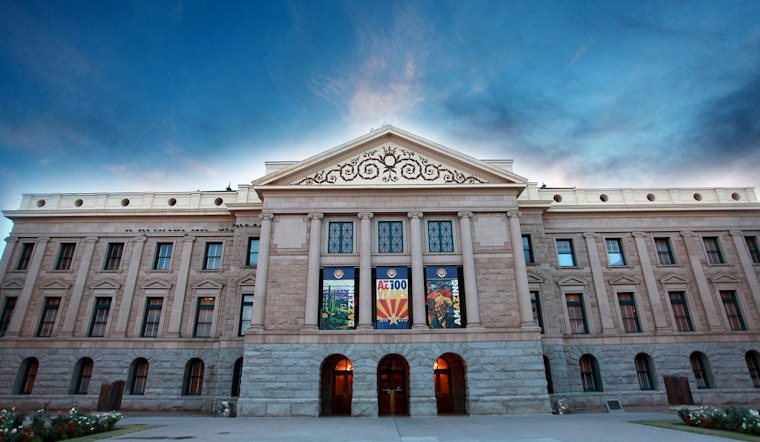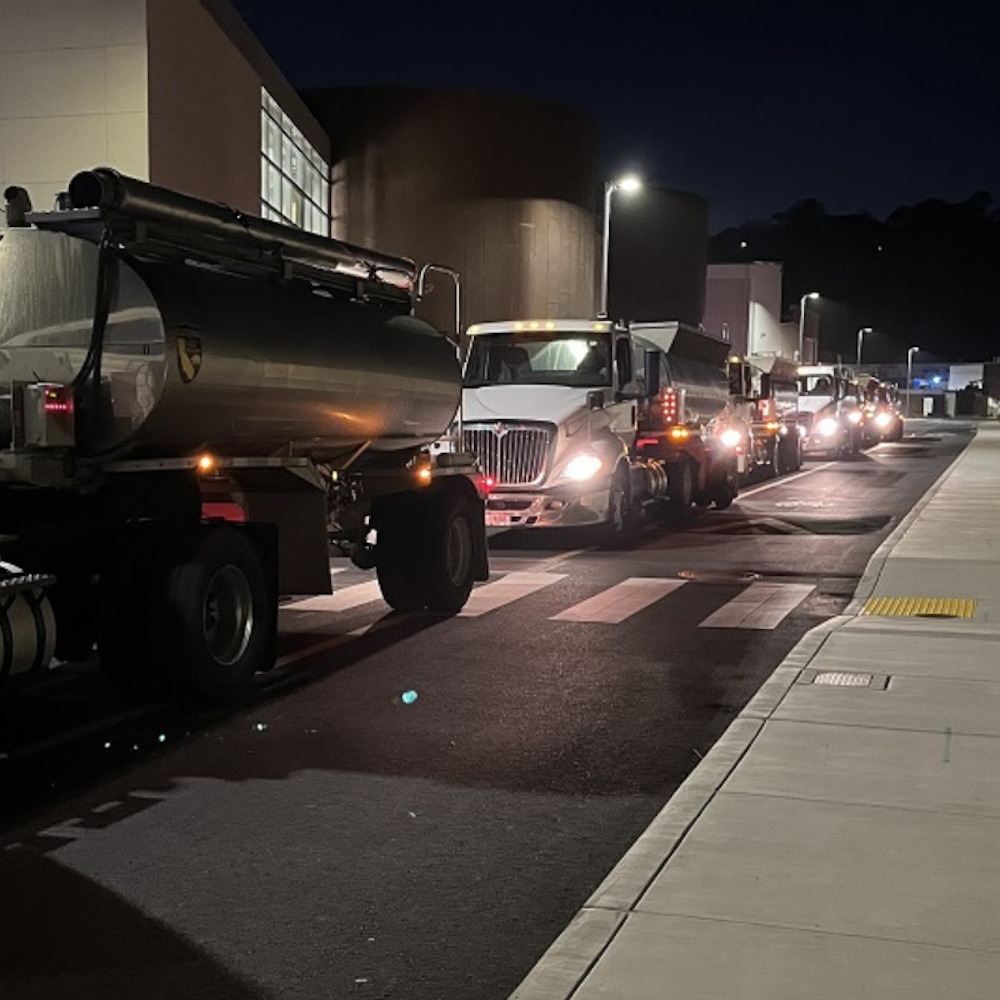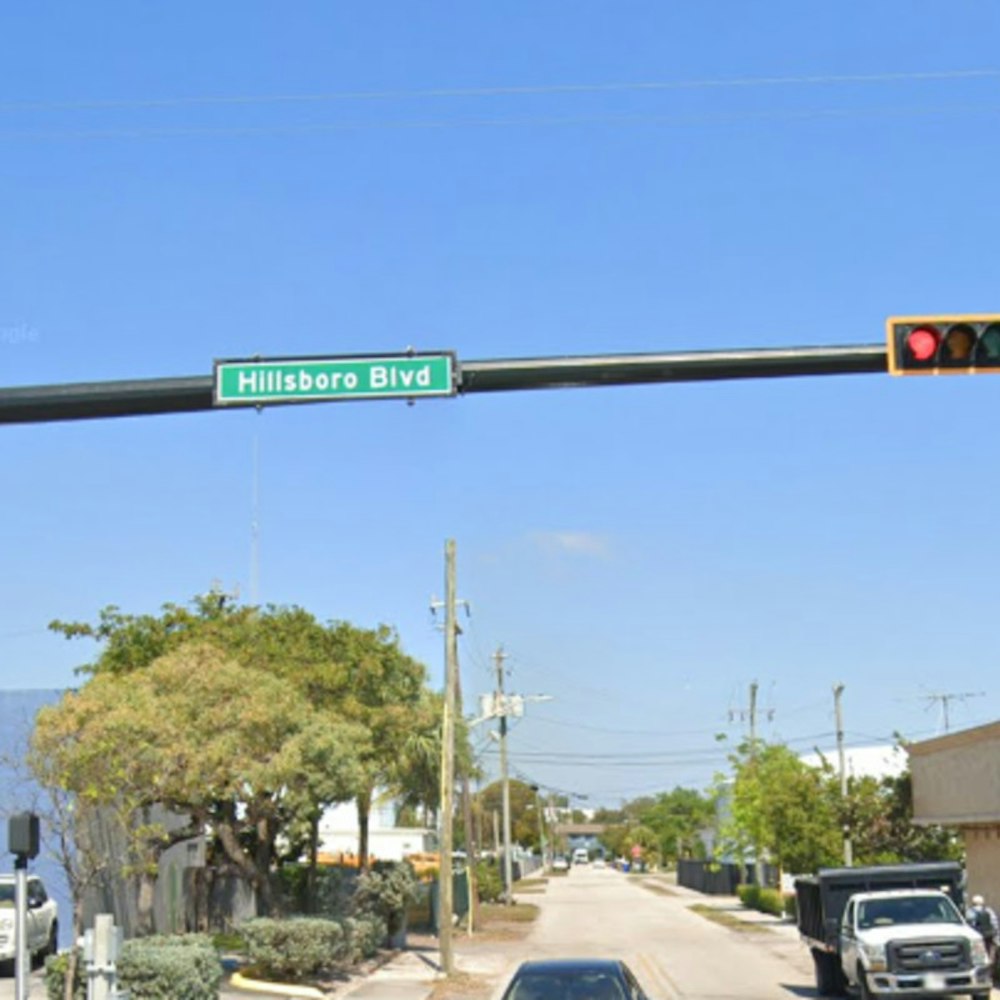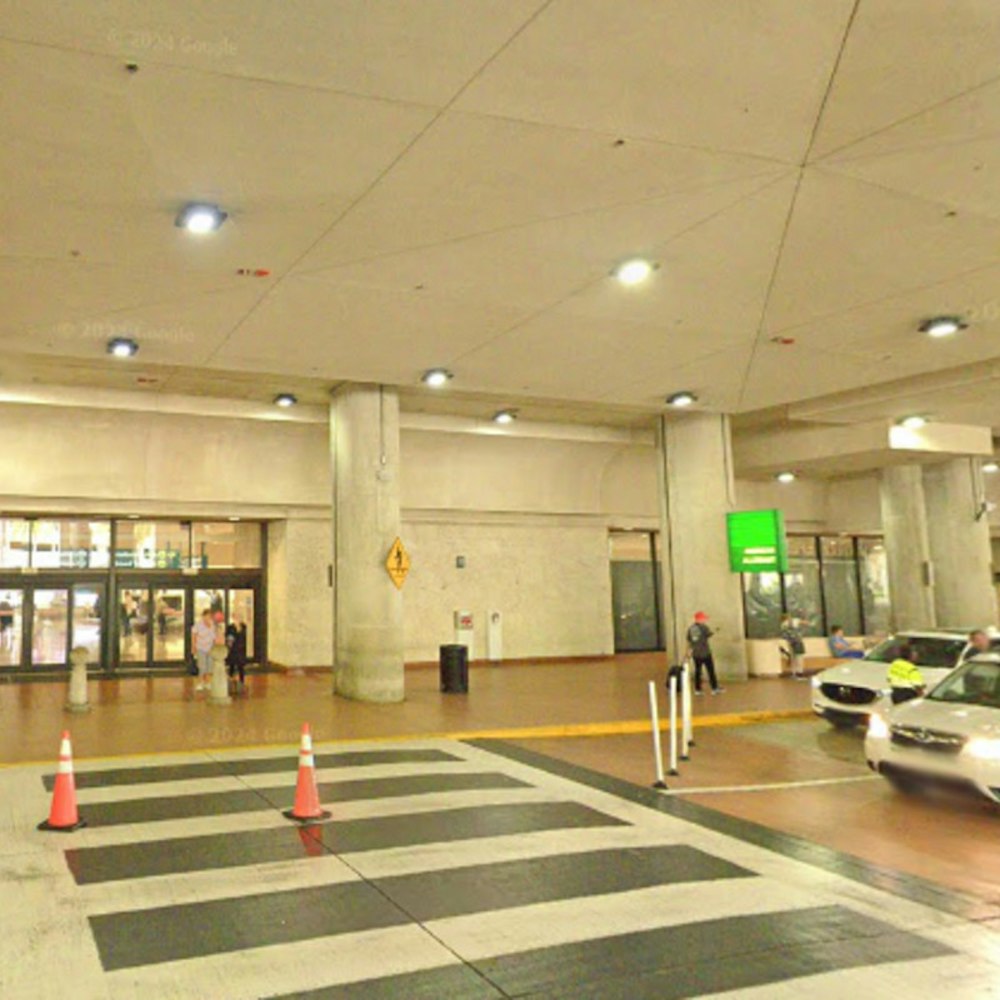
In a contentious legal battle over voter rights in Arizona, legislative leaders are pushing to stay a ruling that could turn the tide on how federal-only voters exercise their franchise. A Superior Court recently sided with the challengers of a 2022 law that sought to limit federal-only voters from casting a ballot for the President and from early voting by mail. However, with the primary election on the horizon, this last-ditch effort to modify election procedures has sparked controversy and concerns over potential disenfranchisement.
Arizona Secretary of State Adrian Fontes slammed the motion to stay, which was announced yesterday, as a manufactured distraction. "It shouldn’t be a surprise to anyone that this is a red herring," Fontes said, as reported by azsos.gov. He argued that without evidence of fraud or undocumented voting, the attempt to alter voting rights so close to an election is simply undemocratic. Notably, the upcoming general election is mere weeks away, and Fontes stressed the importance of acting now to avoid disenfranchising a significant segment of Arizona's electorate.
The legislation in question affects approximately 35,000 federal-only voters in Arizona—including servicemembers, students, and Native Americans—who were unable to submit birth certificates while registering. The stakes are particularly high for the 5,000 voters registered to automatically receive early ballots by mail as part of the Active Early Voter List (AEVL). The prospect of changing the rules now poses logistical nightmares and confusion for election officials and voters alike, as primary ballots are due to be mailed within the forthcoming three weeks.
Complicating matters is the ticking clock against which these changes are being weighed. With a primary election scheduled for July 30, officials would find themselves contending with a drastic overhaul of administrative procedures at a sensitive time. Furthermore, any appeal, potentially reaching the Supreme Court, is expected to drag on for years. Given the procedural time frame and the potential impacts, many view the legislature's motion as an unabashed gambit to disenfranchise voters—a sentiment echoed by the district court’s stern rejection of the appeal.









